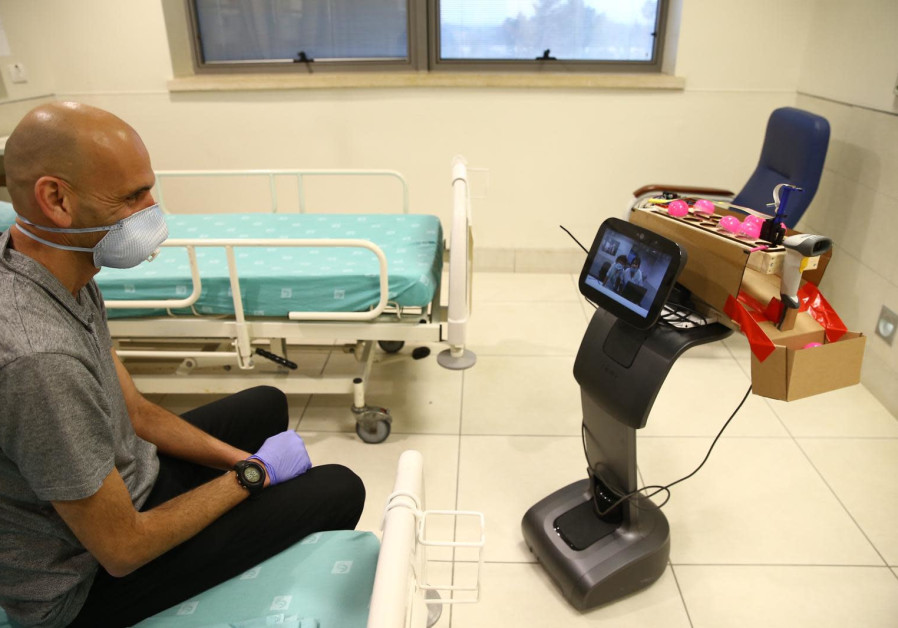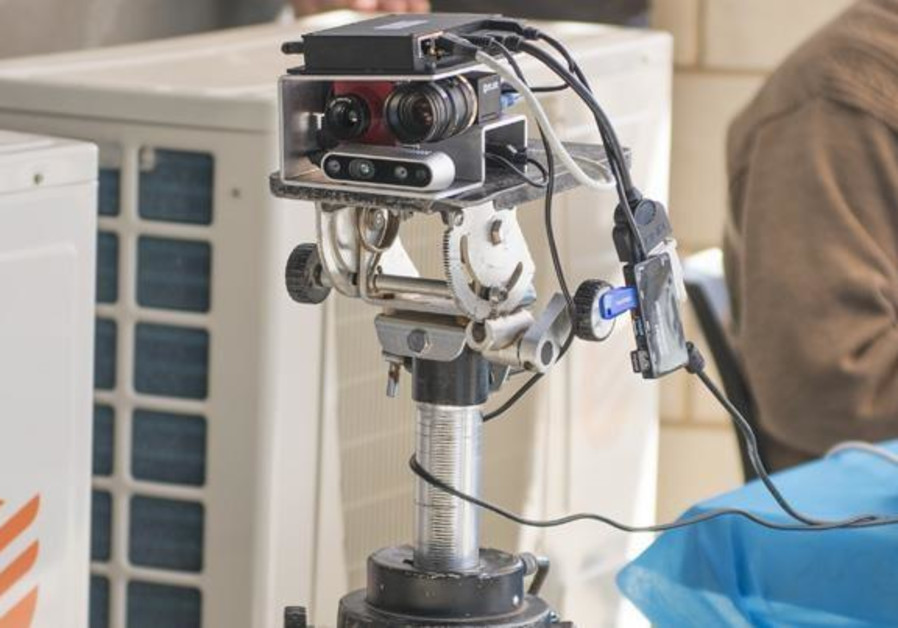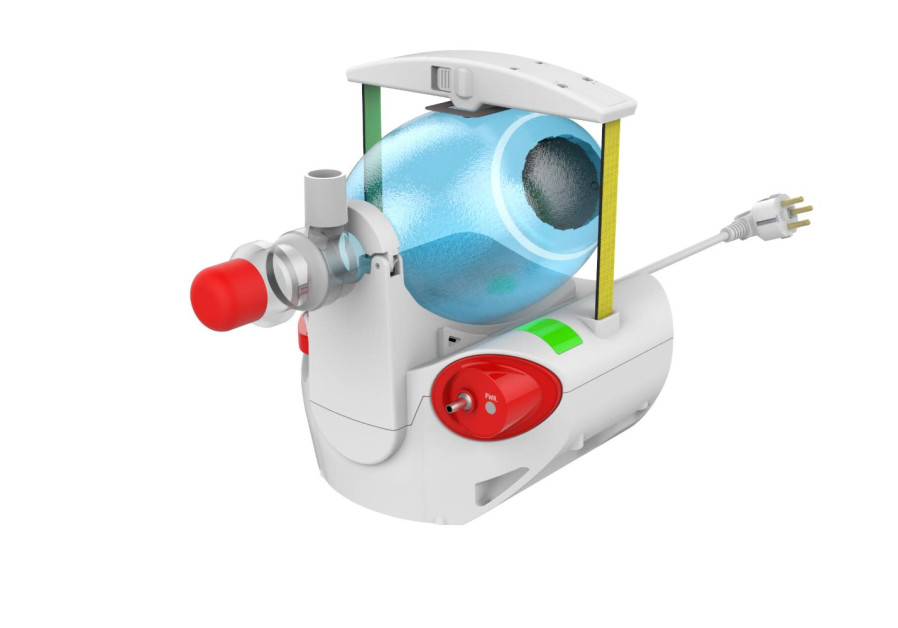Israel’s defense industry has been a key player in the fight to curb the spread of the deadly coronavirus, turning missile production lines into those which can manufacture life-saving products. Here’s the top five:
1. Rafael’s Coronavirus Robot: Defense giant Rafael has switched gears from protecting Israel’s skies with the Iron Dome to protecting health care workers with the Corobot. Taking off-the-shelf robots and adding image processing and computer vision algorithms, the Corobot is able to reduce the physical presence of nurses in the rooms of corona patients. With facial recognition technologies and information inputted by nurses, the Corobot can perform a number of routine tasks, including distributing food and medications, and remote communication between nurses and patients. The Corobot is currently under evaluation by the Health Ministry.



4. Thermal cameras: In addition to distributing meals and medications, nurses also visit patient rooms multiple times per day to check patients’ body temperatures. In an attempt to reduce the need for these visits, Rafael turned to the thermal cameras of its subsidiary, Opgal, which are used in the homing devices attached to missiles. The highly sensitive cameras can detect and measure heat from a significant distance and with special algorithms developed by Rafael, the camera can measure body temperature of an unlimited number of people who are passing by the camera’s lens. The cameras are able to individually detect and monitor each person’s body temperature without requiring them to stop to be checked. A pilot has been successfully completed at Bnei Tzion and HaEmek Hospitals and the solution is now in operational use.

